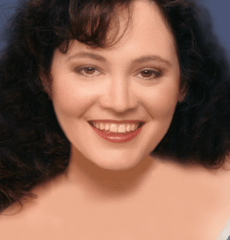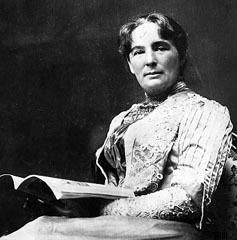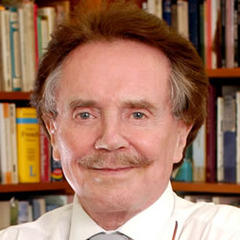Wilbur Smith Quotes - Page 2

Wilbur Smith (2013). “Wilbur Smith's Smashing Thrillers: Hungry as the Sea, Elephant Song and Wild Justice”, p.686, Pan Macmillan






